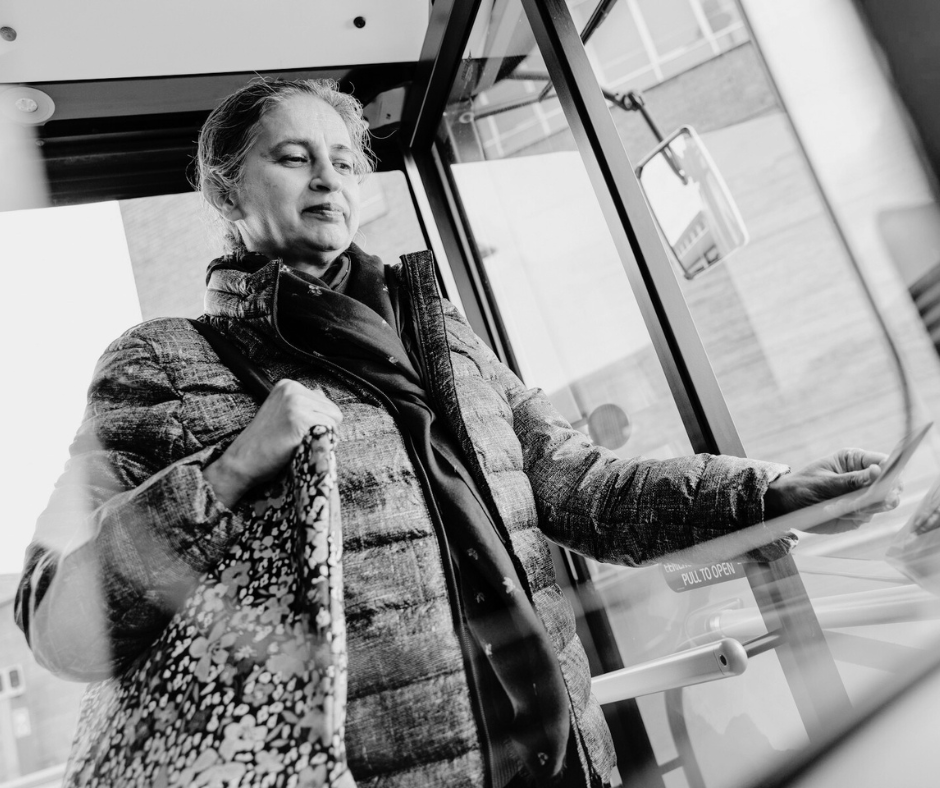What does bus franchising mean for you?
It’s been big news across the West Midlands: our bus network is moving to a franchised model. You might have heard the announcements or seen the headlines and thought, “What does this actually mean for me – a person just trying to get from A to B?”
While franchising might sound like transport jargon, at its heart it’s all about making your everyday bus journeys better: simpler, more reliable, and more joined-up.
So, here’s what’s changing, and why it matters.

Why franchising?
For decades, our buses have run under a deregulated system. That meant private bus companies decided which routes to run, how often, and what to charge. While it gave operators flexibility, it often led to a fragmented network, confusing fares, and gaps in service where buses were needed most.
Franchising flips this.
Instead of operators calling the shots, Transport for West Midlands (TfWM) will have more control on how the bus network runs – with more power over routes, timetables, standards and fares. Bus companies will still run the services, but under contract, as part of one planned network.
So, what does that mean for you?
Will my usual bus route change?
In the short term, probably not much. The idea is to build on the current network, not scrap it. But franchising gives us the power to plan the whole system more strategically, which could mean:
- New routes in areas that are currently underserved
- Better frequencies, especially at peak times
- Smarter connections to other transport like trains and tram
This is about a network that works for people, not just profits.
Will fares go up or down?
With TfWM in control, we’ll be able to introduce simpler, more consistent fares across the whole network, regardless of who operates your bus. That means we can focus on value for money, especially for regular users.

Will there still be different bus companies?
Yes, but they’ll be working for the public, not competing against each other.
Operators will still run buses, but to a contracted standard set by TfWM – meaning the service will be more joined up.
That means:
- A more consistent passenger experience
- Greater accountability, with TfWM able to enforce performance standards
- A network that looks and feels cohesive
Will the buses themselves be better?
That’s the plan. Through franchising, TfWM can set minimum standards for the buses used. You could see:
- Newer, greener vehicles
- Improved accessibility
- Enhanced onboard features
It’s all about raising the standard for everyone.
Will information be easier to find?
Yes! A unified network means unified information. Under franchising, we’ll be able to look at:
- More accurate real-time updates across all services
- Better journey planning tools
- Consistent messaging, even during disruptions

When will I see these changes?
Franchising will roll out in phases, starting in 2027. From there, more stages will follow.
We’ll keep you posted every step of the way.
